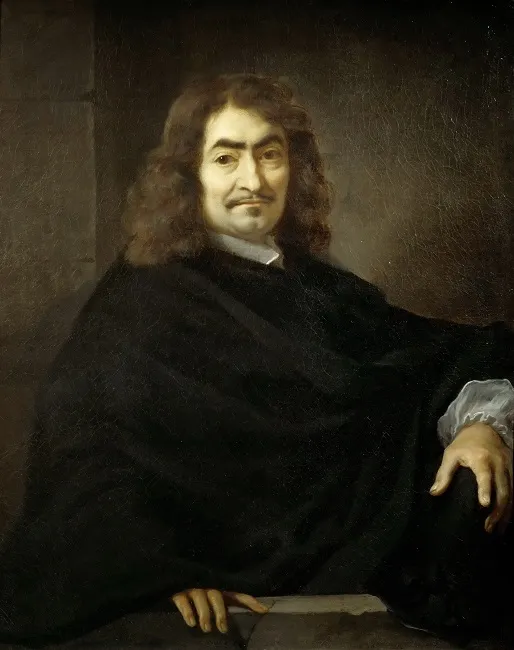In 1619 Descartes went to Germany and in the following years traveled throughout Europe and spent a long time in Paris. Due to the strengthening of the Counter-Reformation in France, he left for Holland shortly after the fall of the last Huguen fortress La Rochelle in 1628. Descartes remained in the Netherlands until 1649, often changing his place of residence. During this period he wrote the bulk of his works.
In the second half of the 1940s, René Descartes traveled to France several times. In 1649, she went to Sweden at Queen Christina's invitation and died there from pneumonia in the early 1650s. As a Catholic, he was buried in a cemetery for uninvolved children. Later, his remains were moved to Paris, and during the French Revolution in the Pantheon.
Gnosiological method
Following the ideas of his predecessors, Thomas Hobbes and Francis Bacon, Descartes made an attempt to create a cognitive model, flawless in every respect, to lay the foundations for future development - "safe and simple rules, such that all who strictly adhere to them, they will never call the lie - true and without fruitless efforts will come to the true knowledge of what is known. "
According to Descartes, the senses and the empirical knowledge built on them are misleading. Empirical knowledge and the exact sciences built on its basis are as useful and harmful. Material reality exists, but it is inaccessible to experience. That is why the whole weight of knowledge falls on the mind, the intellect that alone is able to distinguish the truth from the false. The famous "Cogito ergo sum" expresses Descartes's most accurate approach as a philosopher. The mind and intellect Decart interprets itself as a manifestation of God's mind as a genetically-based cognitive model from which the "extra" concepts and concepts originate. Cartesian intuition consists precisely in the covering of all external phenomena, mental paradigms in a single whole - only then they can be somewhat unexpected.
